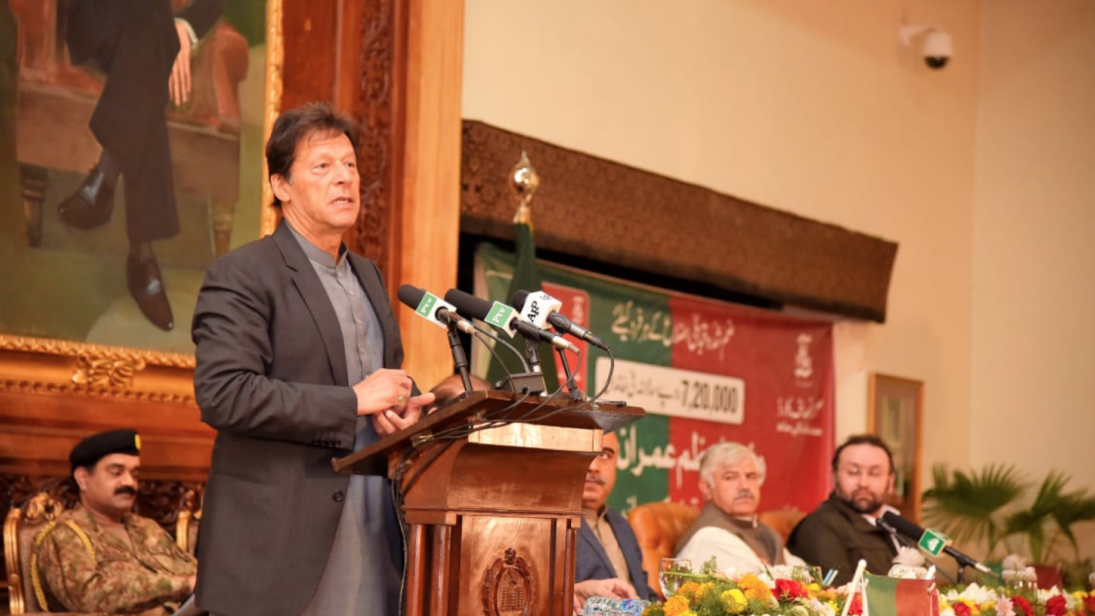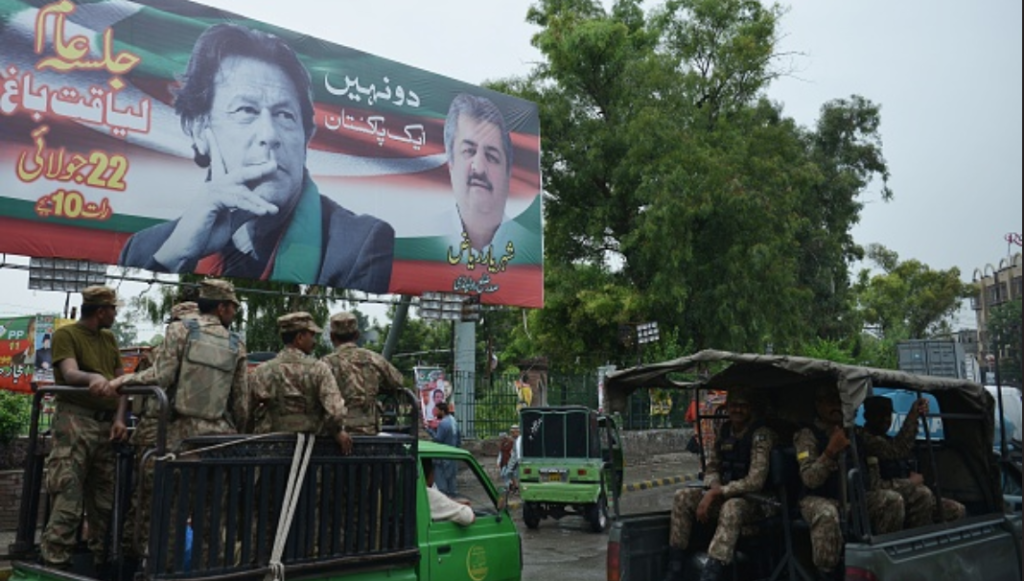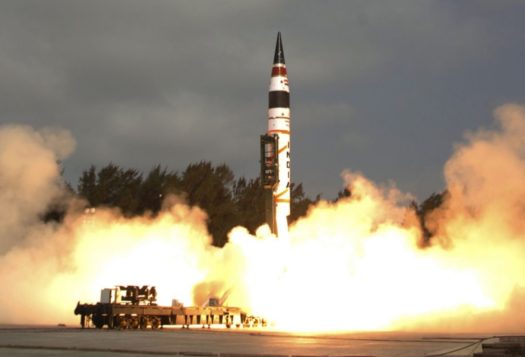
Recent frictions in the United States between President Trump, the military, and the intelligence community provide a valuable lesson to Pakistan. Just recently, the President publicly disagreed with his intelligence agencies’ threat assessments and told them to go back to school. More generally, the revolving door that is the U.S. National Security Council has seen the departures of the Secretary of State, Rex Tillerson; the Secretary of Defense, General James Mattis; the National Security Advisor, General H.R. McMaster; two White House Chiefs of Staff, John Kelly and Reince Priebus; the Attorney General, Jeff Sessions; and Homeland Security Advisor, Tom Bossert. This game of musical chairs shows a National Security Council that has neither unity of vision, nor tolerance for different viewpoints. Even more troublingly, the controlling viewpoint is that of a populist president rather than a security expert. Political success is not a substitute for military or security experience.
Pakistan has also had its problems with a National Security Council. The Gillani government disbanded the Council in favor of a Cabinet committee. The Sharif government of 2013 reconstituted the Council to strengthen civil-military cooperation, but fell short of that goal as the largely army-spawned Muslim League rebranded itself as a bulwark of civilian versus military power. In some sense, then, Pakistan politicized national security well before the United States did. This is understandable insofar as Pakistan’s military has historically involved itself in politics to an extent that the U.S. military has not. When an officer stares into the political abyss, the abyss stares back. Unfortunately, politicking with national security also represents an existential threat to Pakistan: the external and internal security problems faced by Pakistan are much greater than those confronting the United States. The country’s adversaries are too numerous, powerful, and motivated to afford it the luxury of playing politics with defense.
The PTI government has an opportunity to end a now hackneyed cycle of civil-military bickering. Unlike the other major political parties, the PTI does not have a history of confrontation with the military. It can afford to build a true partnership of officers and politicians.
While the U.S. National Security Council is chaired by the President, its Pakistani counterpart is chaired by the Prime Minister. This distinction follows directly from the contrast between the Presidential system of government in the United States versus the parliamentary system in Pakistan. The legislative and executive branches in Pakistan are not as segregated as they are in the U.S. Thus, a popularly elected Prime Minster is better placed to build trust between the legislature and the military than a U.S. style President is.
One way to build such trust is to populate the National Security Council with politicians that have bona fide military or national security credentials. The United States boasts a litany of legislators and presidents with military backgrounds. Presidents with military experience include such luminaries as George Washington, Thomas Jefferson, Abraham Lincoln, Dwight Eisenhower, Theodore Roosevelt, John F. Kennedy, Ronald Reagan, and George H.W. Bush. The Senate and House have likewise historically boasted a strong roster of veterans, with recent examples including senators John McCain and John Kerry.
Unfortunately, Pakistan’s major political parties do not allow outsiders–-whether from military, bureaucratic, or business backgrounds–-to ascend to upper leadership roles. While entry is possible at the party worker level, in the upper echelons, political capital is inherited rather than earned. Naturally, there are slim pickings when one looks for politicians who have both popular electoral support and national security expertise.

In these circumstances, reports that the Prime Minister is considering Brigadier (R) Ijaz Shah as National Security Advisor are reassuring. Brigadier Shah is an elected member of the National Assembly, a former military officer, and a former head of the Intelligence Bureau. He should therefore bring not only political legitimacy, but also military and intelligence expertise to the Prime Minister’s office and the National Security Council. Pakistan is a fragile democracy facing a plethora of external and internal security threats. These are likely to jeopardize Pakistan’s long-term social and economic prospects unless the government acts decidedly and unitedly. This is a rare moment in time where civil-military relations have a clean slate. It is now critical that Pakistan build a true civil-military partnership on national security by identifying and empowering people who have not only popular legitimacy, but also the practical experience necessary to devise and implement the country’s national security policy.
It is now critical that Pakistan build a true civil-military partnership on national security by identifying and empowering people who have not only popular legitimacy, but also the practical experience necessary to devise and implement the country’s national security policy.
As Pakistan struggles with severe economic and fiscal pressures, threats loom from India’s bellicosity in the East, Afghanistan’s political shuffle in the North, and the India-funded, U.S.-supported Chabahar port in the West. Domestically, separatist movements are jostling for support in our urban centers. In responding to these developments, Pakistan operates under close international scrutiny: country and shadow reports track its treaty and international law obligations; international committees flag us for perceived missteps. Notably, the Financial Action Task Force placed Pakistan on the so-called “grey list” for failing to curb terrorist financing. These complex challenges and constraints require both civilian and military expertise. The headwinds are strong and the bickering needs to end. Pakistan must proceed with a firm hand if it is to proceed at all.
***
Image 1: PTI via Twitter
Image 2: Aamir Qureshi via Getty


